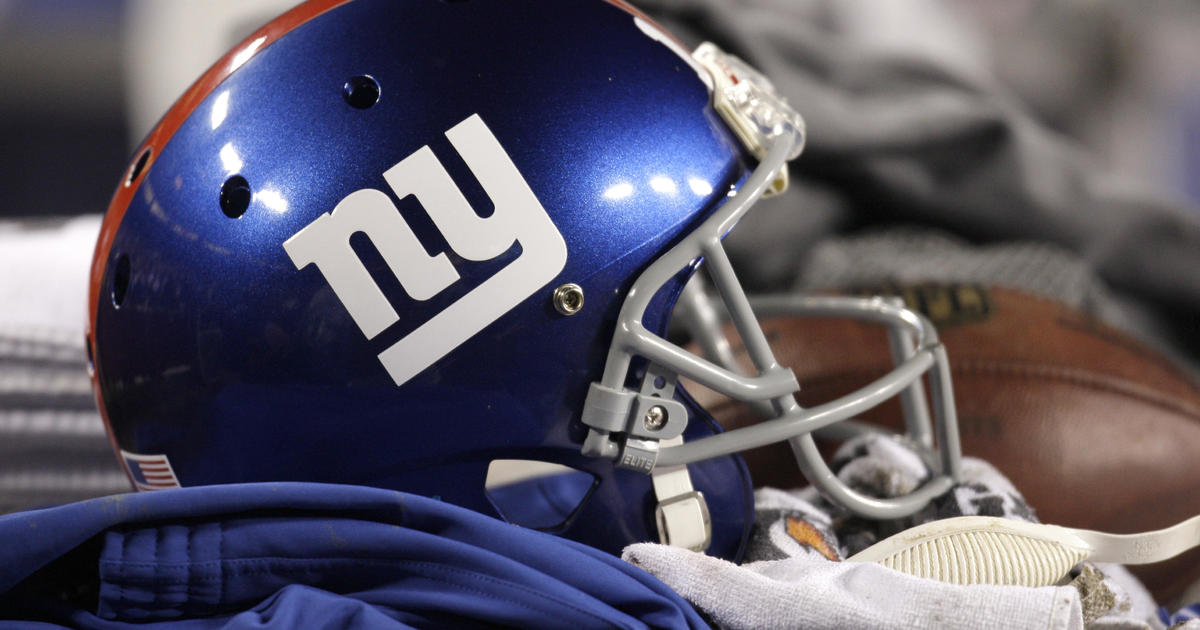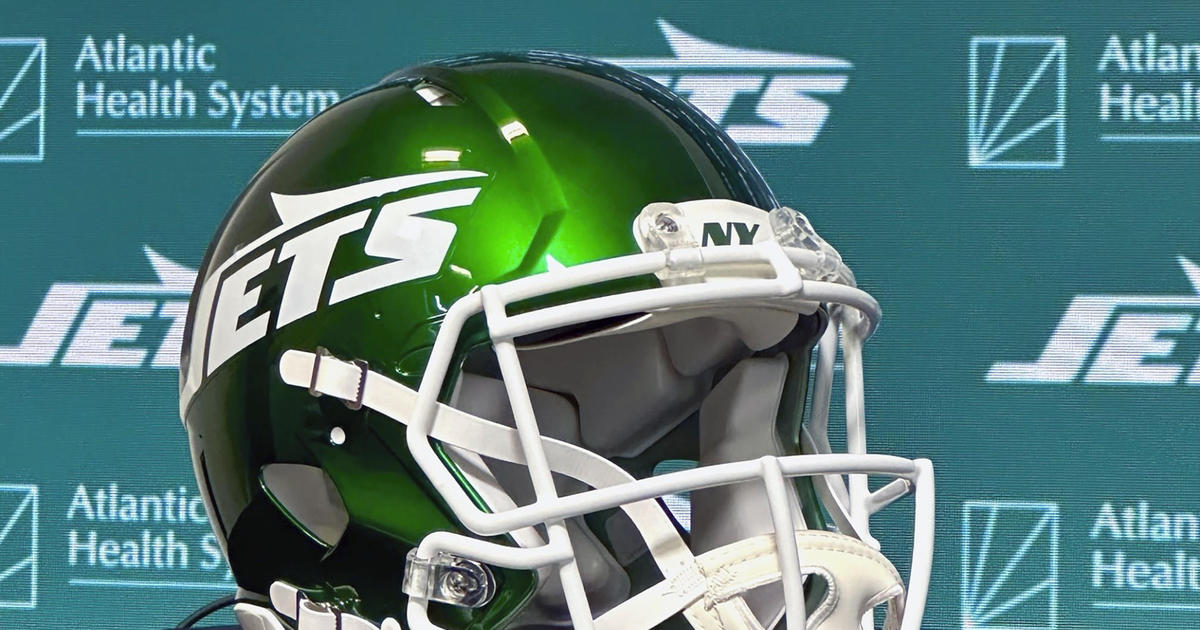Sweeny: Robinson Cano Non-Story A Lesson In Journalism Vs. Bar Talk
By Sweeny Murti
» More Columns
This is what the Robinson Cano non-story story boils down to: a lesson in how quickly things can go wrong by making flip comments and statements in 2012.
They go everywhere. Quickly.
I don't want to make this an attack on the young man in North Carolina, who appeared to think there was nothing wrong with reporting a story that began with the words "can't confirm this."
Scott Boras, Cano's agent, had no such problem, sending me the following statement:
"Irresponsible Carolina television journalist is making false and misleading statements. His position has surprisingly corrected."
This young man clearly underestimated the power of his Twitter account (within hours of the denials and firestorm he had changed his account setting to private, so his tweets could no longer be read by the general public).
The television station he works for tried telling us that he was not actually reporting the story, he was simply writing on his Twitter account. If he wrote that he had the best coffee and a bagel for breakfast, this would not be an issue. He wrote something that had news value, that inferred inside information, and he wrote that an official announcement was coming. If you do that, you must take responsibility for what follows. Simply restating that you "can't confirm this" does not absolve you from that responsibility.
Nowadays there is a difference between a guy in the local tavern saying he thinks a player is taking steroids and the same guy writing that in a social media platform, especially when that person is actually employed by a journalistic organization. The first will quickly be dismissed as bar talk. The second will spread with apparent authenticity and might have some inherent credibility based on who wrote it.
Going the Skip Bayless route on Derek Jeter was simply an opinion, no matter what you thought of it. This was different. This was a wild goose chase based on, apparently, absolutely nothing.
Welcome to 2012.
**When players do actually test positive, I constantly hear people talking about how the MLB drug testing program isn't working because players are still using performance enhancing drugs. I couldn't disagree more.
The testing program is working. Players get caught, they get suspended. If you thought the program was going to eradicate PED use in baseball, that is a delusional thought. What baseball finally did was react with a penalty, and the guilty parties pay it. That's all anybody ever wanted, right?
Think of it this way: even though there are fines for speeding, people still do it. Some stay under the speed limit for fear of getting a ticket, while others take a risk and pay the price when they get caught.
If there was no penalty for speeding, do you think everyone would be going under the limit? Of course not. The penalty is there to keep the majority in order and to catch the people who do it, with the hope that at least some are being deterred. But there will always be people who think they can get away with it.
My opinion: PED use in baseball will continue for a long, long time because someone will always think they can get away with it. For those who want a clean game, at least there is a penalty for the guilty party to pay, and that is far more than we ever had before the current program was put in place.
Sweeny Murti
What are your thoughts on the whole thing? Be heard in the comments below...



